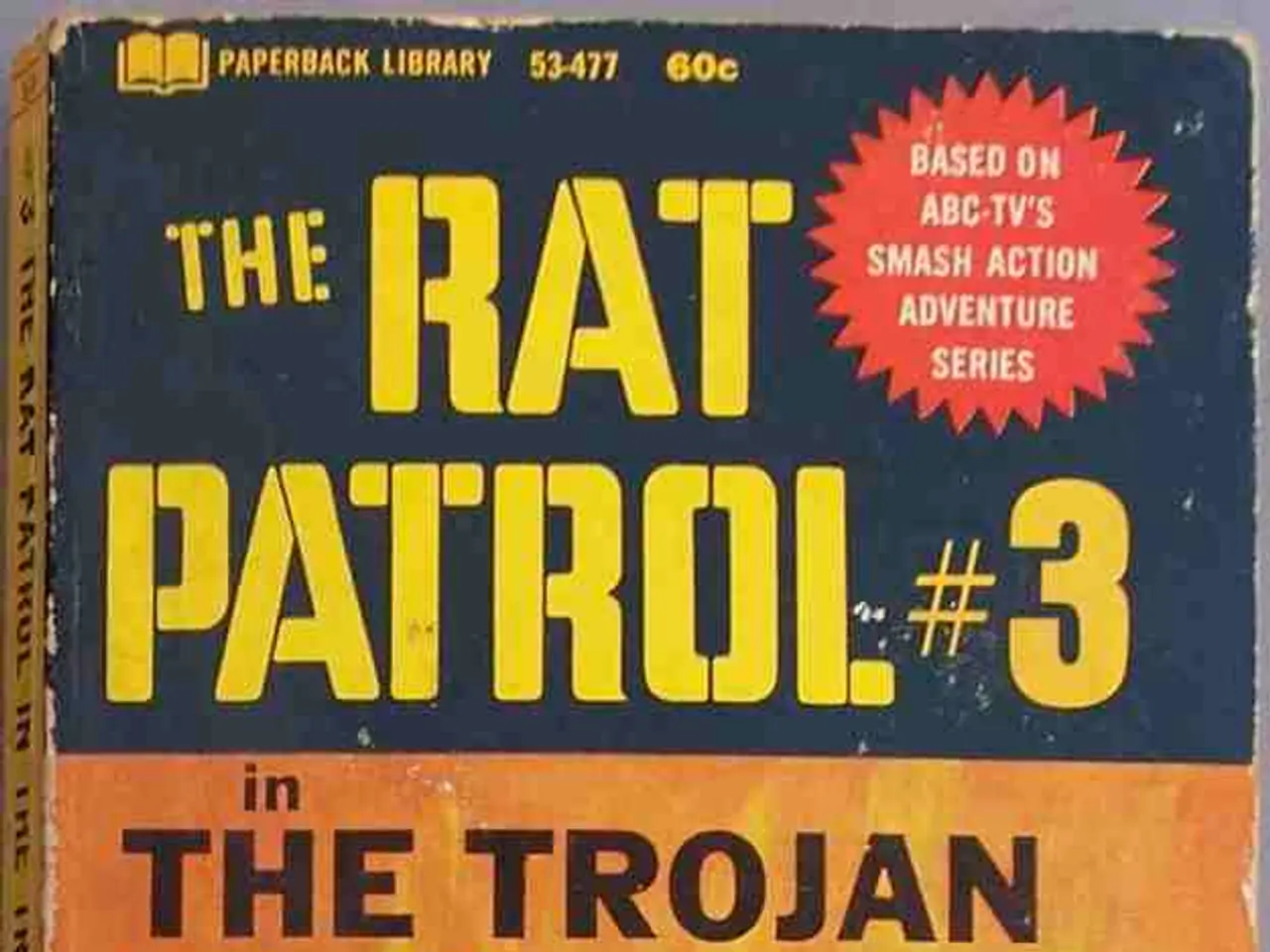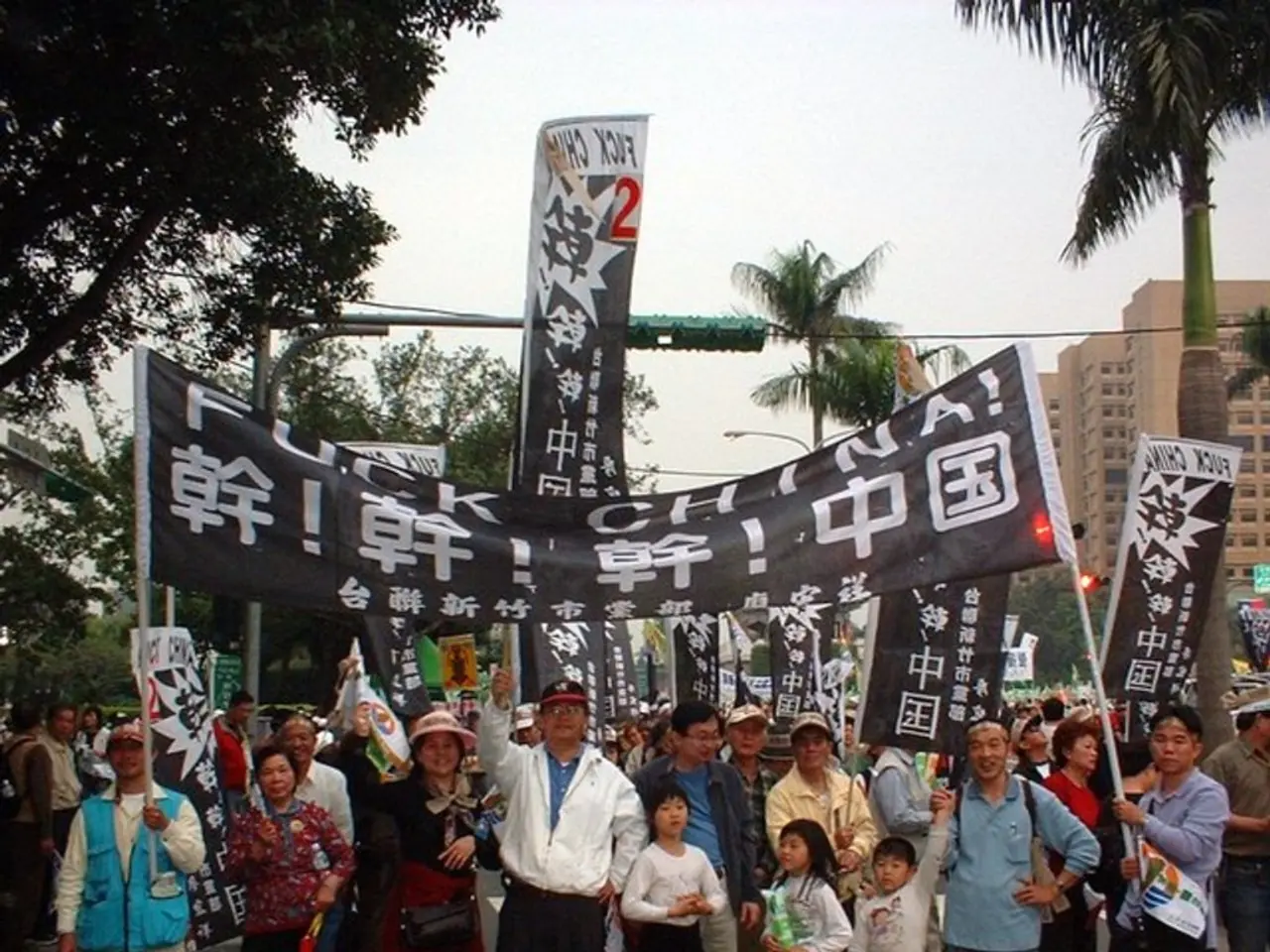Twenty-Year Anniversary Review: Irregular Warfare and Counterinsurgency Discussions on the Podcast
In the latest episode of the Irregular Warfare Podcast, hosts Julia McClenon and Louis Tobergte delve into the complexities of irregular warfare and counterinsurgency (COIN) with guests David Kilcullen and John Nagl.
David Kilcullen, author of the book "Blood Year," and John Nagl, author of "Why America's Army Can't Win America's Wars," share their insights on the struggles encountered in measuring success and failure over the past twenty years. The discussion provides valuable thoughts and suggestions for practitioners and thinkers who may not have significant direct experience in the wars of the last two decades.
The podcast episode, which can be heard below, explores the intersection of irregular warfare and counterinsurgency. Counterinsurgency is a key strategy within the broader contest of irregular warfare, with the latter characterised by prolonged struggles involving violent non-state actors aiming to influence populations and achieve political goals. Counterinsurgency specifically focuses on defeating insurgencies by protecting and securing the population, disrupting insurgent networks, and often involves a mix of military, political, and economic actions primarily in urban or sub-urban areas.
Regarding China, the discussion does not explicitly confirm whether China is currently engaging in irregular warfare. However, some documented Chinese tactics in grey-zone conflicts, cyber operations, influence campaigns, and support to proxy forces are consistent with irregular warfare concepts. Direct evidence of China conducting full irregular warfare campaigns similar to insurgencies or COIN, however, was not provided in the available data.
The discussion also highlights past failures in irregular warfare, including overreliance on military force at the expense of political solutions, failure to adequately protect and gain the trust of the local population, doctrinal confusion and inconsistent application of lessons learned, mismanagement of rules of engagement leading to civilian harm, and underestimating the adaptability of insurgent tactics. Ambiguity in doctrine and unclear goals have also hampered effective irregular warfare campaigns, as seen in U.S. and coalition experiences in Afghanistan and Iraq.
To avoid past mistakes, practitioners are encouraged to adopt a population-centric approach that integrates political, economic, and security efforts. Strict adherence to humanitarian and legal norms to maintain legitimacy, adaptability to local conditions, and synchronisation of all instruments of national power are also essential. Building local governance capacity and providing tangible improvements in daily life are critical, as are clearer doctrine and training that reflect the complexities of irregular warfare, coupled with long-term commitment and cultural understanding.
The Irregular Warfare Podcast can be subscribed to on Apple Podcasts, Stitcher, TuneIn, Spotify, or your favourite podcast app. The episode also includes a share option for Facebook, Twitter, LinkedIn, email, and print.
[1] Kilcullen, D. (2016). Out of the Mountains: The Coming Age of the Urban Guerrilla. Oxford University Press. [2] Nagl, J. (2005). Learning to Eat Soup with a Knife: Counterinsurgency Lessons from Malaya and Vietnam. University Press of Kansas. [3] Nagl, J. (2014). The Irregulars: The Story of the Iraq War's Unsung Heroes. Penguin Press. [4] Nagl, J. (2009). Counterinsurgency Lessons from Malaya and Vietnam: Theory and Practice in Small Wars. RAND Corporation.
- The discussion on the Irregular Warfare Podcast touched upon the importance of understanding irregular warfare tactics, highlighting the books "Out of the Mountains" by David Kilcullen and "Learning to Eat Soup with a Knife" and "The Irregulars" by John Nagl as valuable resources.
- In the context of global politics and war-and-conflicts, the intersection of counterinsurgency and counterterrorism strategies is vital, as both are critical components in addressing the challenges posed by violent non-state actors during prolonged struggles, as discussed in the Irregular Warfare Podcast.







